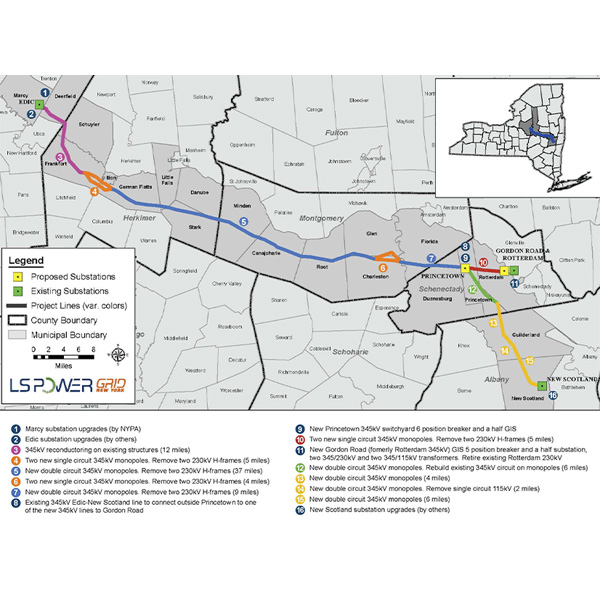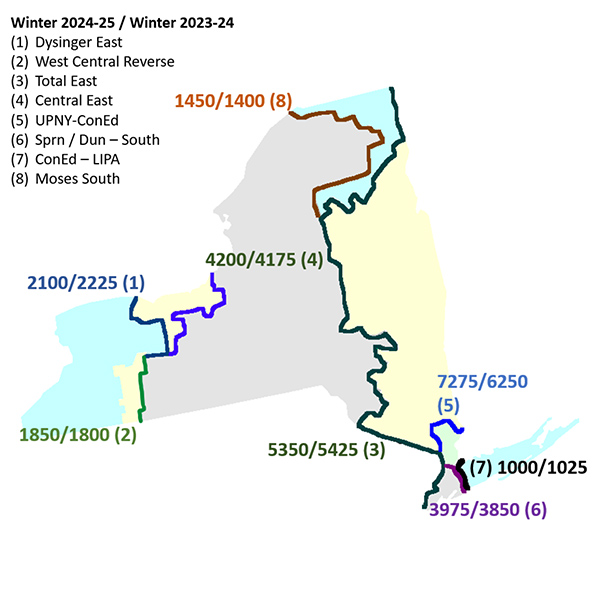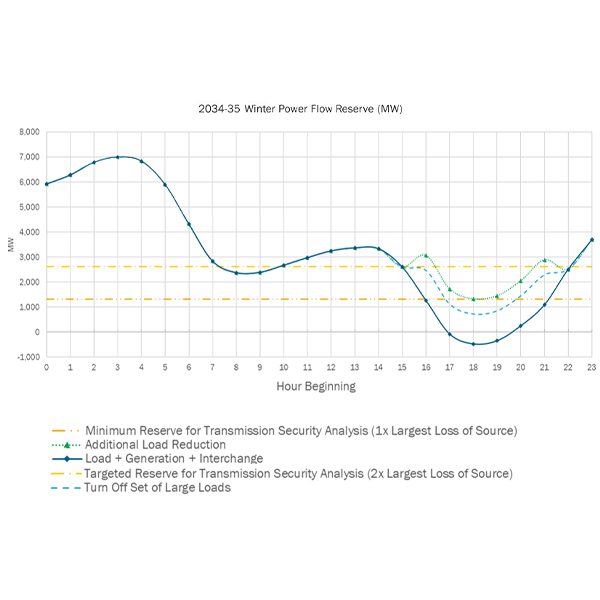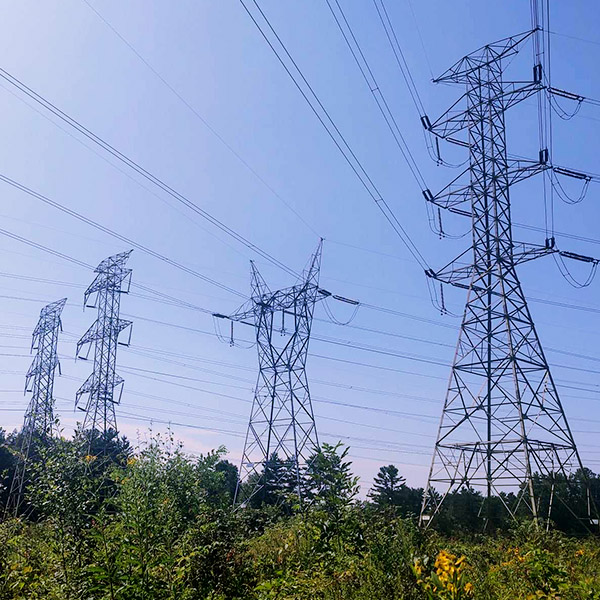New York Independent System Operator (NYISO)
NYISO presented additional data to the Budget and Priorities Working Group explaining its reasoning for rolling the remaining funds from this year’s budget cycle into a Rate Schedule 1 carryover.
NYISO's transmission planning requirements result in a need for more capacity than is required in the ISO’s market rules, according to Potomac Economics, the Market Monitoring Unit.
NYISO stakeholders raised concerns about the way the ISO values transmission security at the Installed Capacity Working Group.
A major transmission project completed in 2023 has alleviated congestion on a chokepoint between upstate and downstate New York.
NYISO presented its updated modeling for combined-cycle gas turbines that employ duct firing to produce additional electricity and advanced a motion to recommend that the Management Committee revise the tariff in accordance with the model.
NYISO expects it will be able to operate reliably, according to the Winter 2024 Operating Study.
In response to stakeholder criticism, NYISO updated its draft Reliability Needs Assessment to include an executive summary and appendices, and extended the comment period on the report.
NYISO released the first draft of its 2024 Reliability Needs Assessment showing a capacity deficiency in New York City beginning in 2033 and proposing to declare a reliability need for its zone.
NYISO proposed to increase the Rate Schedule 1 carryover to $5 million, while the Installed Capacity Working Group discussed different ways to incentivize transmission security via the markets.
NYISO made significant updates to its assumptions as part of its final Reliability Needs Assessment, which now shows no concern of a capacity deficiency and a loss-of-load expectation of less than 0.1 in 2034.
Want more? Advanced Search









